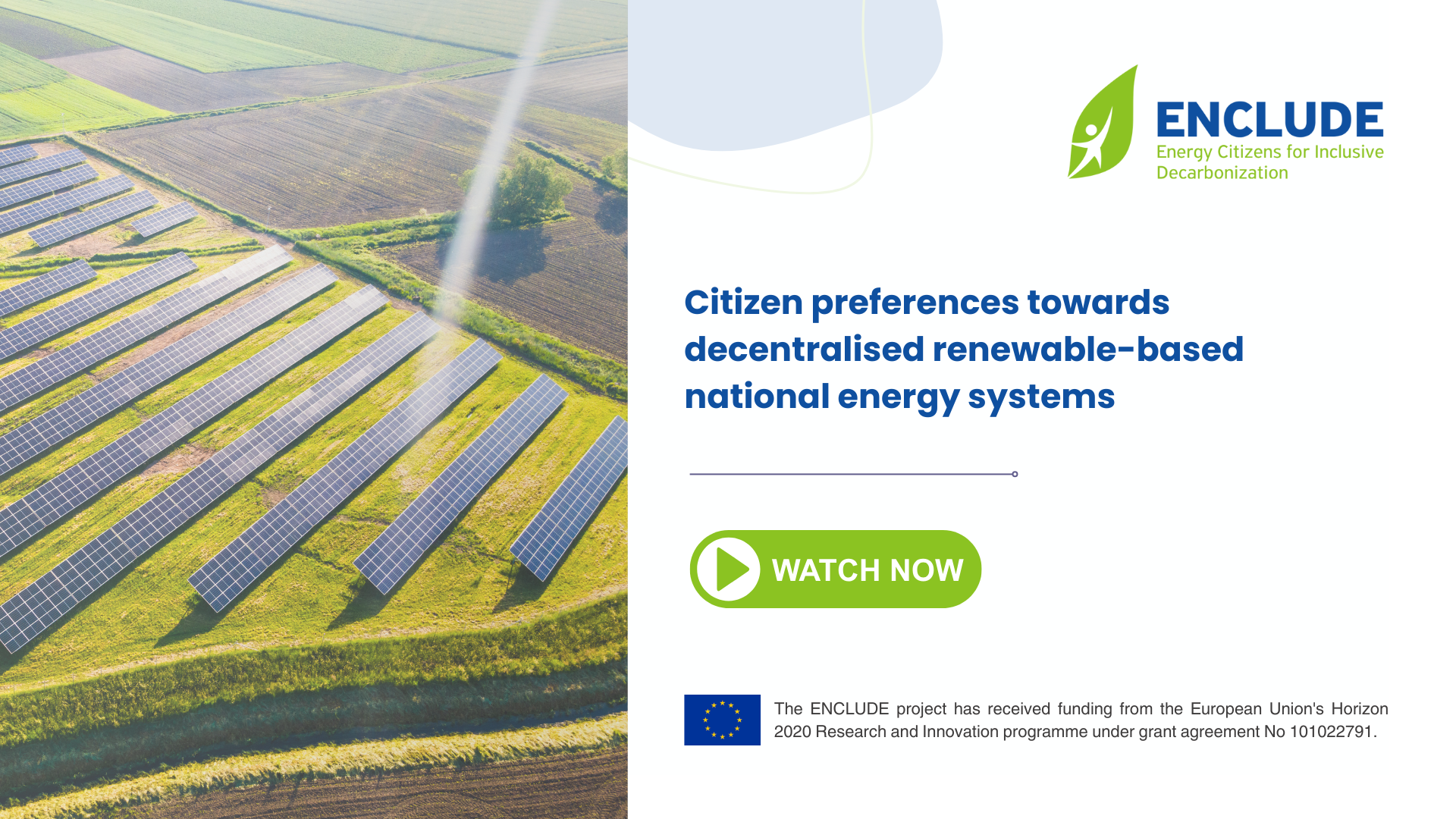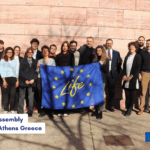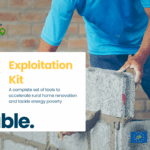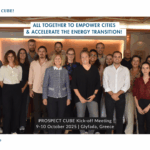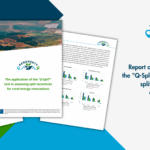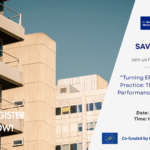The vision of transitioning towards fair and carbon-neutral energy systems requires evidence of how justice principles can inform discussions about trade-offs between alternative energy system design options. So far, energy system models have mainly been used to support decision-making with high technoeconomic sophistication but with weak or even no representation of justice considerations, such as equitable sharing of benefits and burdens of climate change mitigation efforts.
In this context, and as part of the Horizon 2020-funded project ENCLUDE, our new video explores how citizens’ active participation could affect energy planning decisions at the national level by 2050, towards decentralised renewable-based energy systems.
To do so, we expand and apply the open-source capacity expansion modelling framework OSeMOSYS to the case of Greece (OSeMOSYS-GR) to explore three (3) different potential evolutions of the future, considering different potential levels and perspectives of citizens’ participation in the energy transition:
- “Familiar World”: Based on current policy planning at the national level, citizens depend mainly on governmental and political decisions to support green solutions.
- “Unified World”: Referring to a future where citizens unite against the climate crisis, they take ownership of the energy transition, and they collectively oppose the use of fossil fuels, supporting decentralised energy solutions and communal renewable energy projects.
- “Fragmented World”: Referring to a future where citizens keep supporting centralised energy solutions based on fossil fuels and in-house lignite, due to a false and outdated sense of energy security.
Overall, our results show that the “Unified World” scenario results in a more democratised and equitable future, in which socioeconomic benefits are distributed between a larger share of citizens and, thus, more people can catch up with the energy transition.
They also show that a national centralised and fossil fuel-based energy system results in a more individualistic and unfair future in which socioeconomic benefits are distributed among a smaller group of actors, thus, more people tend to be left behind.
Finally, our results show that investment timing is a key factor, since the earlier citizens start getting involved in decentralised communal energy projects, the higher the potential socioeconomic and environmental benefits are going to be!
Watch our full video here: https://www.youtube.com/watch?v=cv3hUquWgcM&list=PLZ-8w2IrkWMmIdxNgJrp50rQkcxEbyaS2&index=2.
Find more information about this work in our report: https://zenodo.org/records/12686859.
Learn more about the ENCLUDE project and explore the Energy Citizenship Platform: https://energycitizenship.eu/.

